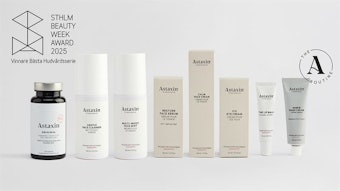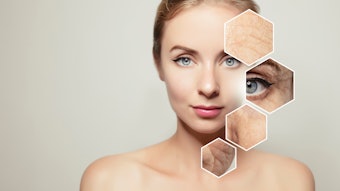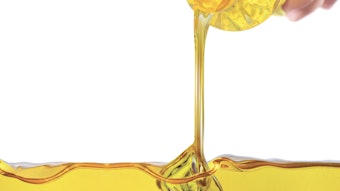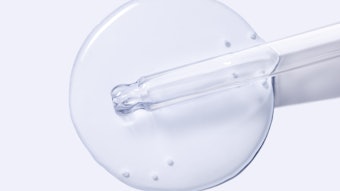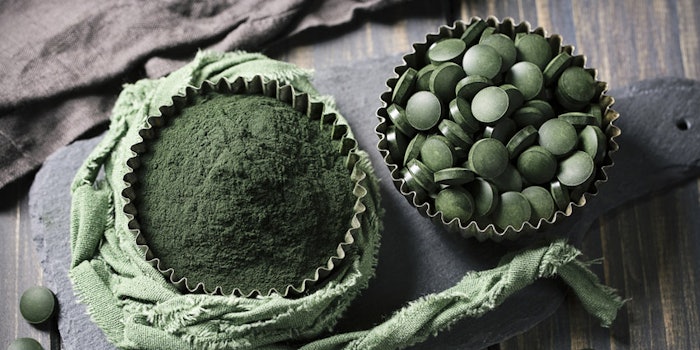
Spirulina is a complete protein that contains amino acids and omega-3 fatty acids, and is rich in nutrients, including B vitamins and iron, per Healthline. So what does that mean for the skin?
Related: Charcoal Soap: Does it Actually Work?
Spirulina can be used to promote hydration in skin cells and counteract osmotic stress damage by modulating gene expression. But, it has many other functions that can be beneficial to treat skin concerns.
The blue-green algae can be used to prevent aging. “Spirulina fights free radicals and, therefore, can prevent skin damage that can lead to wrinkles and signs of aging,” said Amy Shapiro, MS, RD, CDN, dietitian and founder of Real Nutrition.
Due to it's antibacterial and anti-inflammatory effects, spirulina could also potentially help with conditions like psoriasis and eczema.
It can also be used to boost skin and hair health as well as detox and purify the skin.
Not only can is be included in skin care, it can be added to supplements to add nutrients from the inside.
A study showed that spirulina, when taken orally, can influence both gut immunity and systemic sites, such as the liver. It may represent a tool for preserving a healthy gastrointestinal microbial community in addition to its beneficial effects on immune function, the study concluded.
Spirulina could also work to treat acne from the inside out. A healthy gut can lead to healthy and glowing skin and can work to prevent or get rid of acne.
“A healthy gut microbiome is associated with improved skin health, including regulation of skin inflammation. Spirulina has been shown to promote healthier gut microbiota and as a result, this could mean better skin health," said Marie Hayag M.D., a board certified dermatologist and founder of 5th Avenue Aesthetics in New York City.
